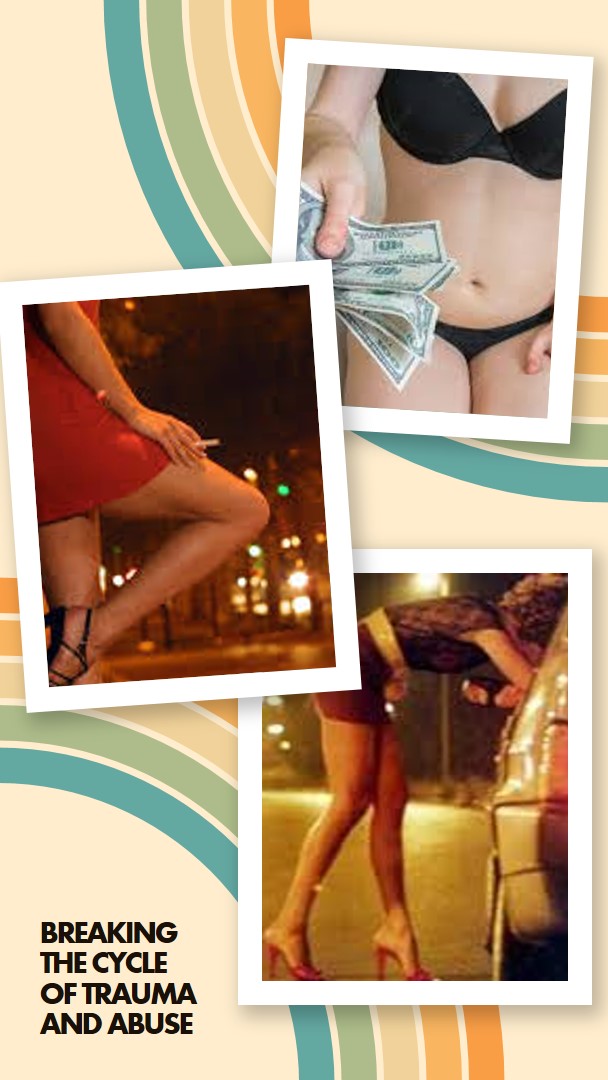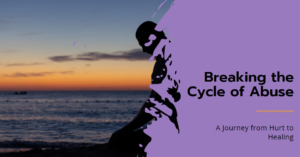
The Shocking Truth Behind the Lives of Prostitutes in America: Exposing the Cycle of Trauma and Abuse
Read Time:4 Minute, 19 Second

K Tyler
Many US prostitutes are victims of childhood traumas or sexual abuse, leading to substance abuse and exploitation. Society marginalizes and stigmatizes these individuals, highlighting the need to address the root causes of their addiction. A holistic approach addressing trauma symptoms and underlying issues is needed to break the cycle of prostitution. Advocating for policies and programs that prioritize the well-being and recovery of survivors can create a compassionate and inclusive society.
Prostitution is a complex issue that is often glamorized and simplified in popular culture. While some portray it as a choice made by empowered individuals, the truth is that many women turn to prostitution as a last resort. Whether it be due to financial desperation, coercion from a pimp, or limited opportunities for employment, the reality is much darker than the romanticized image portrayed in movies and television shows. It is important to recognize the systemic issues that push individuals into prostitution and work towards providing better support systems and resources for those who feel like they have no other option. By acknowledging the harsh realities faced by individuals in the sex industry, we can work towards finding solutions that address the root causes of exploitation and empower individuals to lead safer and healthier lives.
Many individuals involved in prostitution have endured various forms of trauma or abuse—be it physical, sexual, or emotional—in their pasts. Such traumatic experiences can lead to a cycle of addiction, mental health challenges, and ongoing victimization. Research indicates that a substantial proportion of women engaged in prostitution have histories of childhood sexual abuse.
These traumatic experiences can have a profound impact on the mental and physical well-being of individuals engaging in prostitution, often leading to a multitude of challenges. The emotional scars left by past abuse can contribute to a sense of worthlessness and low self-esteem, which may drive individuals to seek validation and coping mechanisms through substances or risky behaviors. This can result in a cycle of addiction, as individuals turn to drugs or alcohol to numb the pain and trauma they have experienced. Additionally, the ongoing victimization that many individuals in prostitution face can further perpetuate feelings of powerlessness and vulnerability.
Furthermore, the prevalence of childhood sexual abuse among women in prostitution highlights the deep-rooted trauma that many individuals in this industry carry with them. This trauma can manifest in various ways, including mental health issues such as depression, anxiety, and post-traumatic stress disorder. Without access to proper mental health support and resources, these individuals may struggle to cope with their past traumas and navigate the challenges of their present circumstances.
It is crucial for society to understand the complex interplay between trauma, abuse, addiction, and victimization in the lives of individuals involved in prostitution. Providing comprehensive support, resources, and access to mental health services is essential in helping these individuals heal from their past traumas and break free from the cycle of exploitation and victimization. Addressing the root causes of why individuals turn to prostitution, and providing alternative pathways for healing and empowerment, is crucial in creating a safer and more compassionate society for all.
Once entangled in the life of prostitution, escaping such circumstances can be exceedingly difficult. Numerous women find themselves trapped by financial dependency on exploitative relationships, fear of violence from partners or pimps, or an absence of support from family members and friends. The societal stigma associated with being a prostitute further complicates efforts to seek assistance.
It is imperative that we acknowledge the dignity and humanity inherent in every individual involved in sex work while working diligently to provide comprehensive support services aimed at facilitating their departure from this lifestyle. This entails investing in programs focused on accessible housing solutions, job training opportunities, mental health services adjustment therapies for addiction recovery along with decriminalizing acts related to sex work enabling us allto adopt an approach grounded in compassion rather than judgmental attitudes. By doing so collectively we can effectively disrupt longstanding patterns riddle with trauma affecting those affected by commercialized sex throughout America today!
Conclusion
Many US prostitutes are survivors of childhood traumas or sexual abuse, leading to substance abuse and exploitation. They often lack the necessary support and therapy, further marginalizing and stigmatizing them. To help these vulnerable individuals, society must address the root causes of their prostitution addiction and provide them with resources and assistance to heal. A holistic approach that addresses both the symptoms of their trauma and the underlying issues that lead to prostitution is necessary. Advocating for policies and programs that prioritize the well-being and recovery of survivors is crucial. Understanding the complexities and challenges faced by individuals involved in prostitution can help create a more compassionate and inclusive society. Breaking free from the traps of the "game" requires immense strength, resilience, and a support system that many find hard to come by. While not everyone involved in the game experiences the same level of hardship, the presence of good people does not negate the potential harm and destruction that can come from being involved in such activities.








